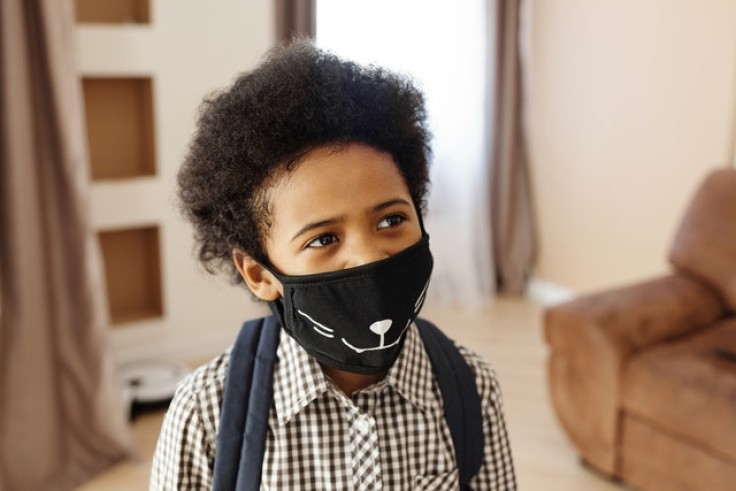
Many parents are concerned that their children's mask-wearing-and interactions with other mask-wearers-will interfere with their children's regular expression, language, and social growth. Experts believe that masks can affect how children learn those skills.
Face masks, according to Kang Lee, University of Toronto professor of applied psychology and human development who studies children's facial recognition skills said, can pose three distinct challenges.
First, children under the age of 12 can have difficulty recognizing individuals, as younger children prefer to identify people based on specific facial features. Second, since face masks conceal the "facial musculature" that people use to convey "emotional details."
Lee predicted that children would struggle with "emotional awareness and social interaction." Third, since so much knowledge about speech is conveyed visually, children can work with speech recognition.
Further, babies learn to communicate using a combination of auditory and visual cues, according to David Lewkowicz, a senior scientist at Haskins Laboratories and the Yale Child Research Center, who has researched babies' lip-reading. Lewkowicz explained that babies "spend a lot of time staring at a person's mouth, trying to learn their native voice, having not just auditory but visual cues."
In a 2012 study of infant's eye movements, where Lewkowicz co-authored, researchers discovered that during the first few months of life, they pay the most attention to a speaker's eyes, as seen on the left in research on a four-month-old boy. However, as their voice progresses, their focus moves more to the person's mouth about the age of eight months (right).
Young children may fail to recognize their masked caretakers' voices as a result of their preference for-and dependence on-visual cues, according to Lewkowicz. Lewkowicz also added that masks are not suitable for your child's communication.
Attainable good speech development in children
Despite these difficulties, experts suggest parents shouldn't be worried about face masks obstructing the speech development in children since they are malleable and can learn the language and social skills in several ways.
Eva Chen, a developmental psychologist and associate professor at the Hong Kong University of Science and Technology who studies children's cognitive development, said that we as parents should give credit to our children. He also argued that just because they are covered for a few hours a day does not necessarily mean they will fail to understand social gestures.
Children, according to Lee, will quickly adapt to processing information through face masks. Still, teachers and parents will need to assist them by wearing personalized face masks, wearing the same eyeglasses or hairstyles, or dressing consistently.
"Children can find out who a person is by using the knowledge that is still available to them, such as the shape of the eyes, brows, speech, and posture," he said.
"With mask-wearing now being expected in most school settings, children and adults alike should begin practicing being more specifically expressive by voicing their feelings aloud." Sarah Gaither, Duke University psychology and neuroscience assistant professor, wrote about social ability growth.
"Parents and teachers may also want to ask children what they are feeling more often," she added.
On the other hand, Lee has this to say: "Kids are extremely adaptable, even more so than we are-they learn extremely quickly," and added, "I don't believe parents should be concerned."